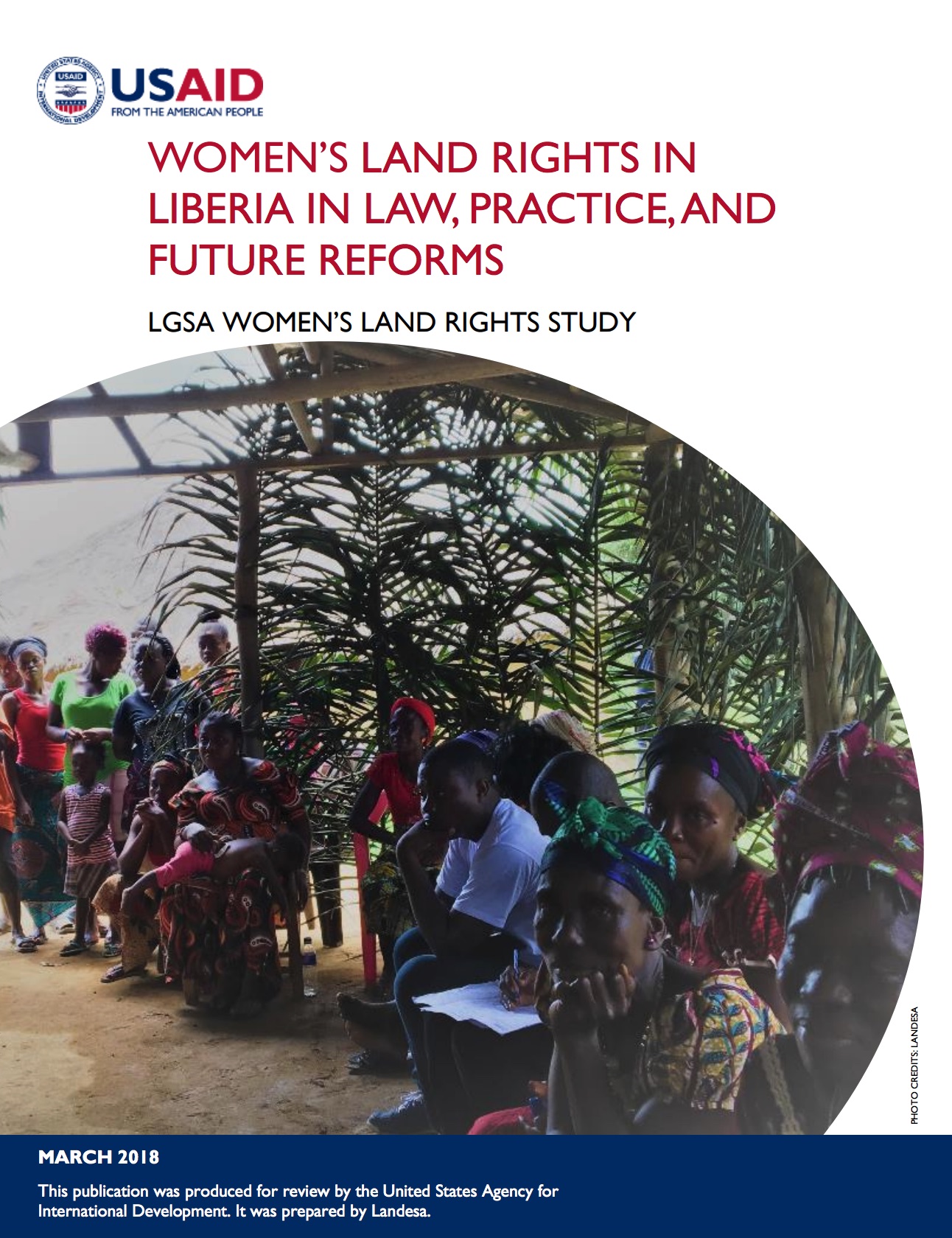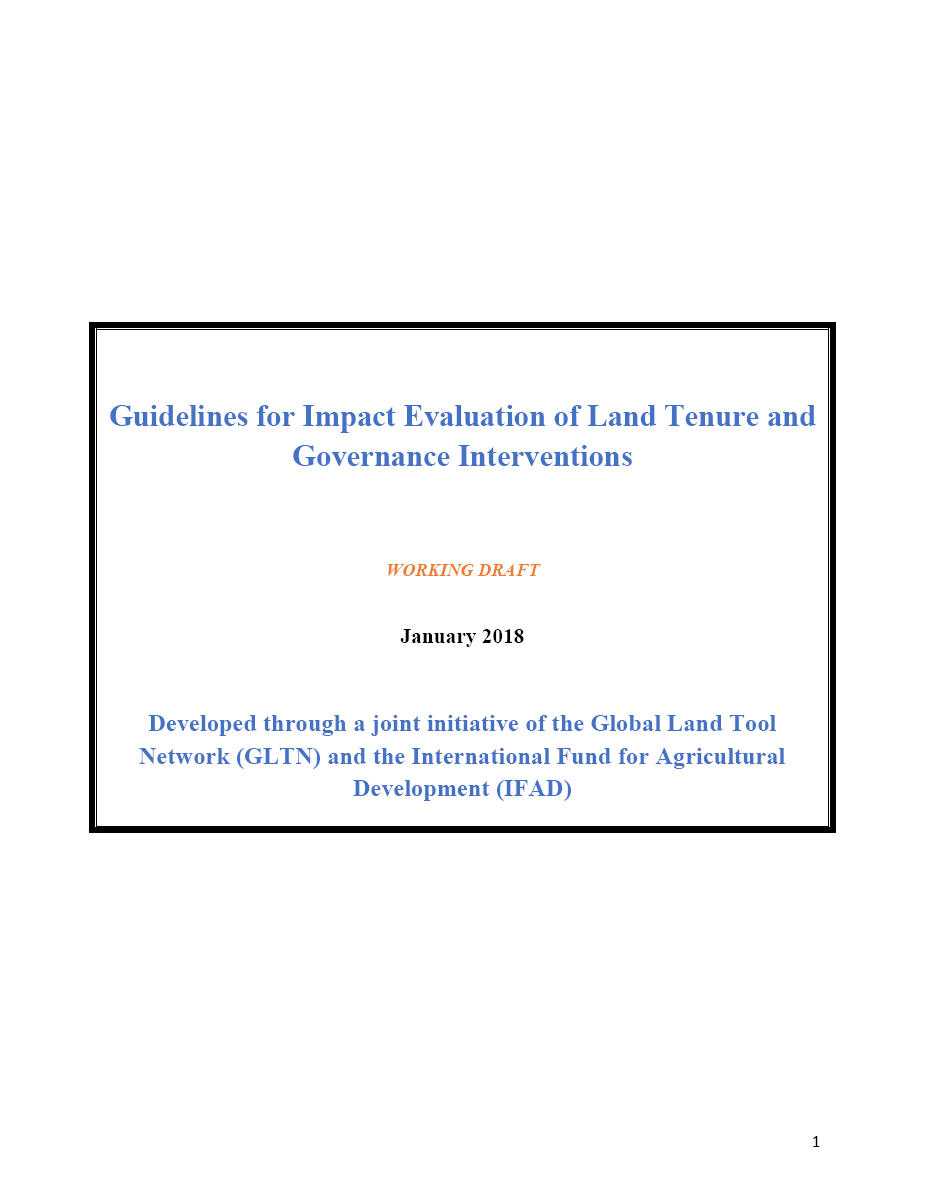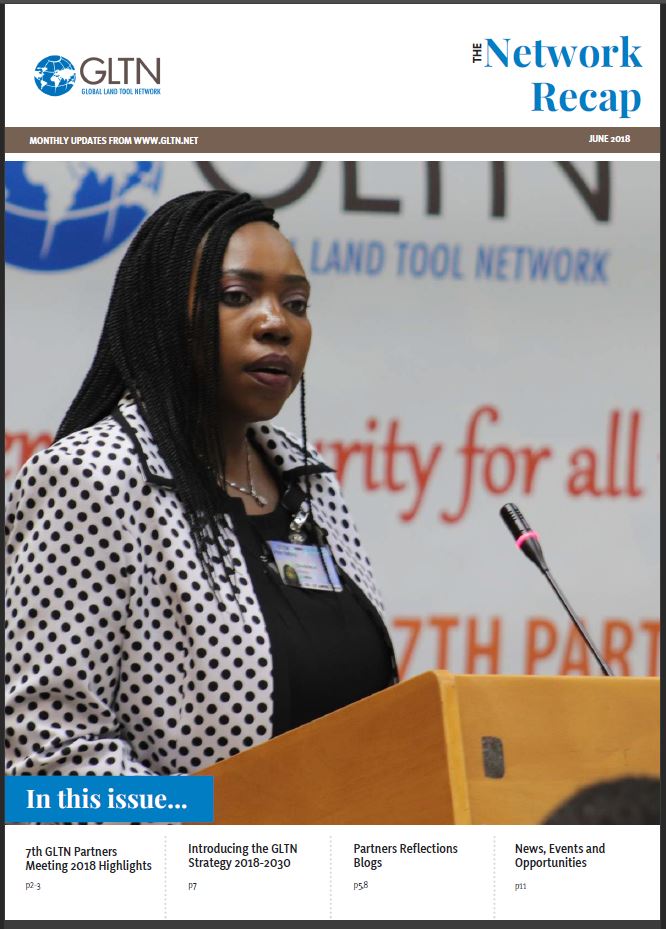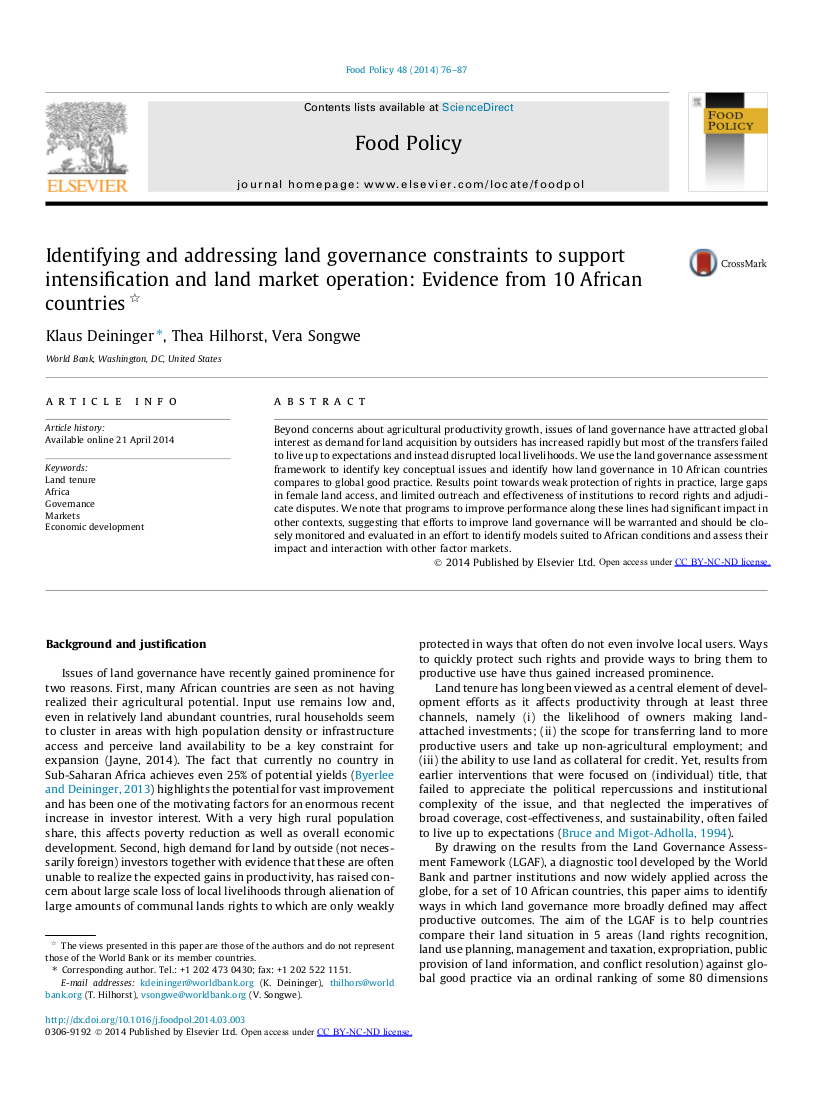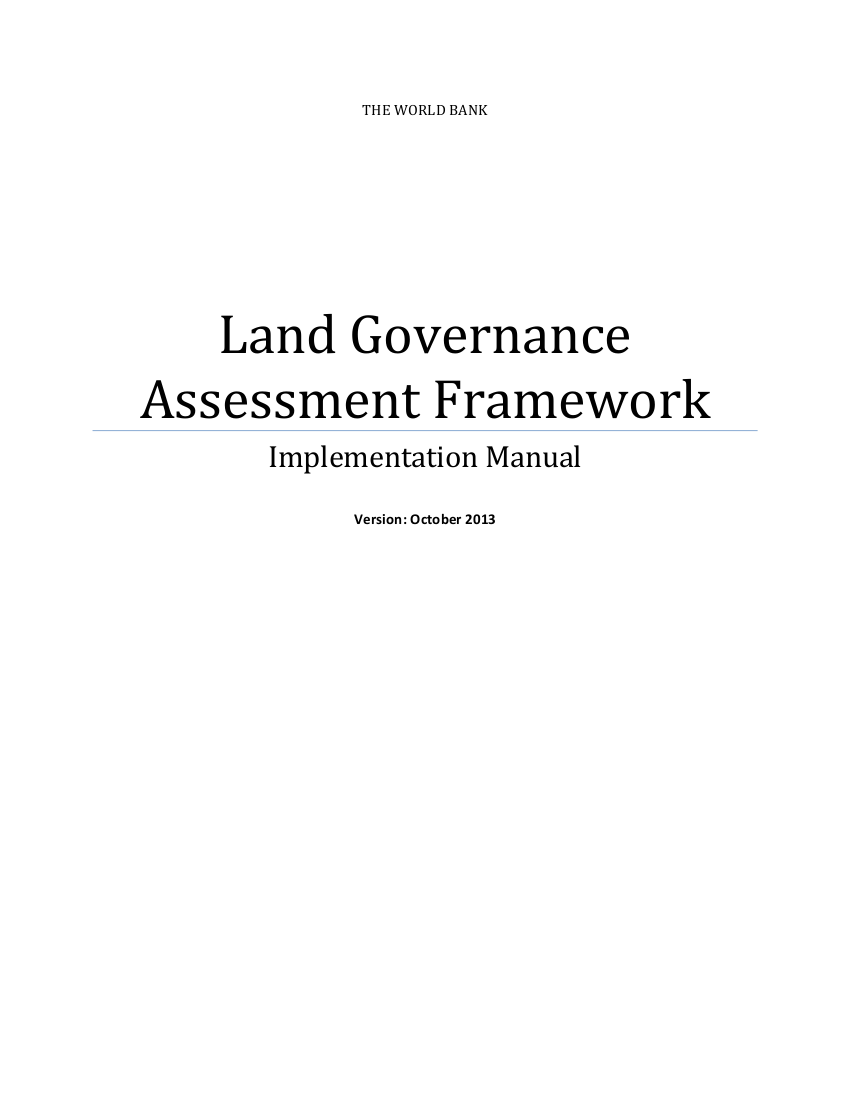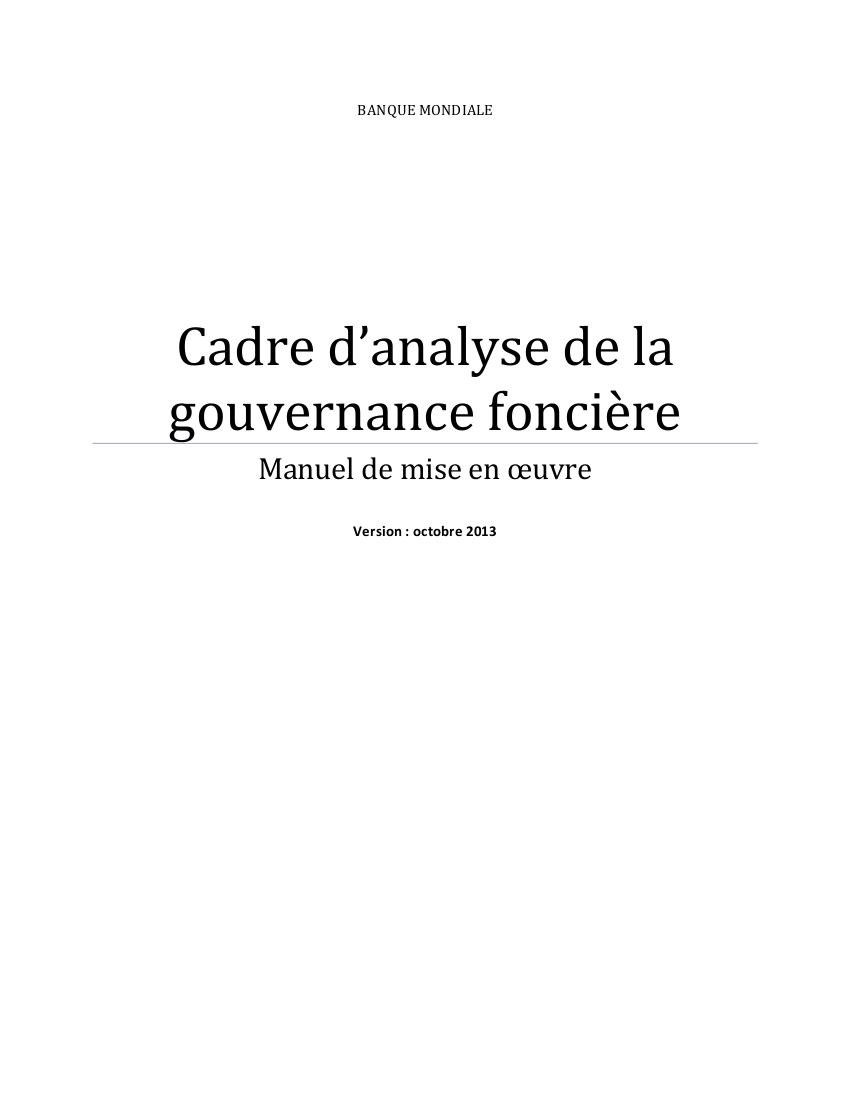Towards a Sustainable Land Administration and Management System in Myanmar - Land Sector Needs Assessment; Thematic Policy Notes
This policy note on Land Policy and Regulatory Framework in Myanmar is the first of five policy notes
prepared under the Land Sector Needs Assessment technical assistance initiative between the World Bank
and the Ministry of Agriculture, Livestock and Irrigation, the Ministry of Natural Resources and
Environmental Conservation and the General Administration Department of the Ministry of Home Affairs,
and the Yangon City Development Committee. It is intended to assess and inform the land related
Indigenous Peoples’ Rights and Business in Myanmar (English, Burmese (မြန်မာဘာသာ)
This paper on ‘Indigenous Peoples’ Rights and Business in Myanmar’ is part of a Briefing
Paper series from the Myanmar Centre for Responsible Business (MCRB). Indigenous
peoples are present throughout the country, particularly in conflict‐affected areas. The
briefing sets out the local and international context for indigenous peoples, including a short
analysis of applicable international standards and domestic laws. It also describes the
current policy, legal and political economy landscape concerning indigenous peoples in
The Law Amending the Electricity Law - SLORC Law No. 3/90 (English)
The State Law and Order Restoration Council -
The Law Amending the Electricity Law -
(The State Law and Order Restoration council Law No. 3/90) -
The 12th Waxing Day of Tabaung, 1351 M.E.
(7th March, 1990)
Women's Land Rights in Liberia in Law, Practice, and Future Reforms
Land is the most important asset for many rural Liberian women and men, and is often a family’s primary source of cash income, food and nutritional security, health care, and education. Though women play a central role in agricultural production in Liberia, women’s rights and access to land are often not equal to those of men due to biases in the formal legal framework and customary law.
Guidelines for Impact Evaluation of Land Tenure and Governance Interventions
The purpose of the Guidelines for Impact Evaluation of Land Tenure and Governance Interventions (“the guidelines”) is to serve as a tool for both researchers and land sector experts in the design and conducting of land impact evaluations and ultimately broaden the evidence of what works and does not work and why in regard to measures meant to improve land tenure and governance.
Reflections on GLII Achievements and Plans
Its June 2018, half a year down the line following the reclassification of several land indicators including 1.4.2 by the IAEG-SDGs in November 2017. To all of us, this milestone was defining and encouraging in our effort towards achieving monitoring of land governance issues at scale.
Ley General de Desarrollo Forestal Sustentable
DECRETO por el que se abroga la Ley General de Desarrollo Forestal Sustentable, publicada en el Diario Oficial de la Federación, el 25 de febrero de 2003, se expide la Ley General de Desarrollo Forestal Sustentable; y se reforma el primer párrafo al artículo 105 y se adiciona un segundo párrafo al mismo artículo de la Ley General del Equilibrio Ecológico y la Protección al Ambiente.
The Network Recap – June 2018
Land sector challenges are vast and complex. Insecure rights to land continues to affect more than 2 billion people living in urban and rural informality worldwide, with women, youth and indigenous people faring the worst. We need more strategic partnerships, at all levels, that drive innovative thinking and provide practical solutions to these tenure security challenges.
Identifying and addressing land governance constraints to support intensification and land market operation: Evidence from 10 African countries
Beyond concerns about agricultural productivity growth, issues of land governance have attracted global interest as demand for land acquisition by outsiders has increased rapidly but most of the transfers failed to live up to expectations and instead disrupted local livelihoods. We use the land governance assessment framework to identify key conceptual issues and identify how land governance in 10 African countries compares to global good practice.
Land Governance Assessment Framework
Land Governance Assessment Framework: Implementation Manual for Assessing Governance in the Land Sector
Cadre d’analyse de la gouvernance foncière
Cadre d’analyse de la gouvernance foncière: Manuel de mise en œuvre pour l’évaluation de la gouvernance dans le secteur foncier


